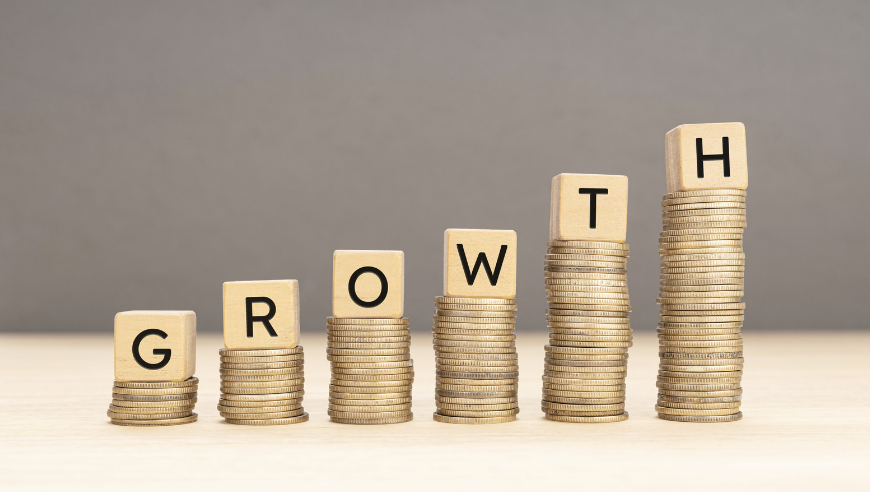Pay Off Your Mortgage Early or Invest?

Written by: Paolo LaPietra, CFP®
The question of whether to pay off your mortgage early or invest extra funds is a common financial dilemma, and the answer is not always straightforward. The landscape for making this decision has evolved significantly, especially in 2024, with higher yields on safe investments challenging traditional wisdom. Here's a detailed discussion to help you navigate this important financial choice.

The Case for Paying Off Your Mortgage Early
- Guaranteed Savings: Paying off your mortgage early offers a guaranteed return on your investment equivalent to your mortgage interest rate. For instance, if your mortgage rate is 4.5%, prepaying your mortgage provides a risk-free return of 4.5%. This can be particularly appealing if your investments are not providing comparable returns.
- Interest Savings: The most apparent benefit of paying off your mortgage early is the significant savings on interest payments. Over the life of a loan, this can amount to tens of thousands of dollars. For example, adding $300 to your monthly mortgage payment on a $200,000 loan at 4.5% interest can save you over $67,000 in interest and shorten your loan term by more than a decade.
- Peace of Mind: For many, the psychological benefit of being debt-free cannot be overstated. Eliminating your mortgage payment can reduce financial stress, especially during retirement when income may be fixed or reduced.
- Building Equity: Accelerating mortgage payments builds home equity faster, which can be leveraged in the form of home equity loans or lines of credit. This equity can serve as a financial safety net for future needs or opportunities.
- Reduced Fixed Expenses: Paying off your mortgage lowers your fixed monthly expenses, freeing up income for other needs or investments, which is especially important in retirement.
- Tax Implications: The tax benefits of mortgage interest deductions have diminished for many homeowners due to higher standard deductions. Therefore, the tax advantage of carrying mortgage debt is not as significant as it once was.

The Case for Investing
- Higher Potential Returns: Historically, the stock market has provided higher returns than the interest rates on most mortgages. For instance, the S&P 500 has averaged annual returns of around 10% over the long term. Investing extra funds in the market could potentially double or even triple your returns compared to paying off a low-interest mortgage.
- Liquidity: Investments in stocks, bonds, and mutual funds are more liquid than home equity. This means you can access your money more easily if needed for emergencies or opportunities without selling your home.
- Compounding Interest: Investing early allows you to take advantage of compounding interest. The earlier you start, the more time your money has to grow, significantly increasing your wealth over the long term.
- Tax-Advantaged Accounts: Contributing to retirement accounts like a 401(k) or IRA offers tax benefits that can enhance your investment returns. Contributions may be tax-deductible, and the growth of your investments is tax-deferred until withdrawal.
- Employer Matching: If your employer offers a retirement plan match, investing in your 401(k) can provide an immediate return on your contributions, effectively giving you free money.
Factors to Consider
- Current Mortgage Rate vs. Investment Returns: Compare your mortgage interest rate with the potential return on investments. If your mortgage rate is low and investment returns are high, investing might be the better choice.
- Liquidity Needs: Consider your need for liquidity. If you might need access to funds in the near future, keeping money invested rather than tying it up in home equity could be more advantageous.
- Life Stage: Younger investors with a longer time horizon until retirement might benefit more from investing due to the power of compounding returns. Conversely, those nearing retirement may prefer the security of a paid-off home.
- Risk Tolerance: Investments come with risks, while paying off a mortgage offers a guaranteed return. Your personal risk tolerance will play a significant role in this decision.
- Tax Situation: Assess the tax implications of both options. While mortgage interest deductions may have limited benefits, investing in tax-advantaged accounts can provide significant tax savings.
- Other Carrying Costs: If you're paying private mortgage insurance (PMI), eliminating this cost by paying down your mortgage can offer additional savings.
- Peace of Mind: Consider the psychological benefits of being debt-free. The peace of mind that comes with owning your home outright may outweigh potential financial gains from investing.
Conclusion
Deciding between paying off your mortgage early and investing is a complex decision that depends on various personal and financial factors. Higher yields on safe investments in 2024 have made investing more attractive for many, but the guaranteed savings and peace of mind from being debt-free are compelling reasons to consider mortgage prepayment. Ultimately, the right choice depends on your financial goals, current mortgage rate, investment opportunities, risk tolerance, and life stage. Balancing both strategies by investing a portion of your income while making additional mortgage payments can also be a prudent approach, ensuring you benefit from both worlds. If you have questions about your specific situation, please contact our office to speak with a trusted advisor.
Bouchey Financial Group has offices in Saratoga Springs and Historic Downtown Troy, NY as well as Boston, MA and Jupiter, FL.